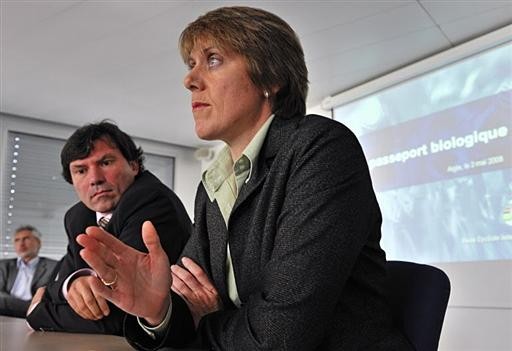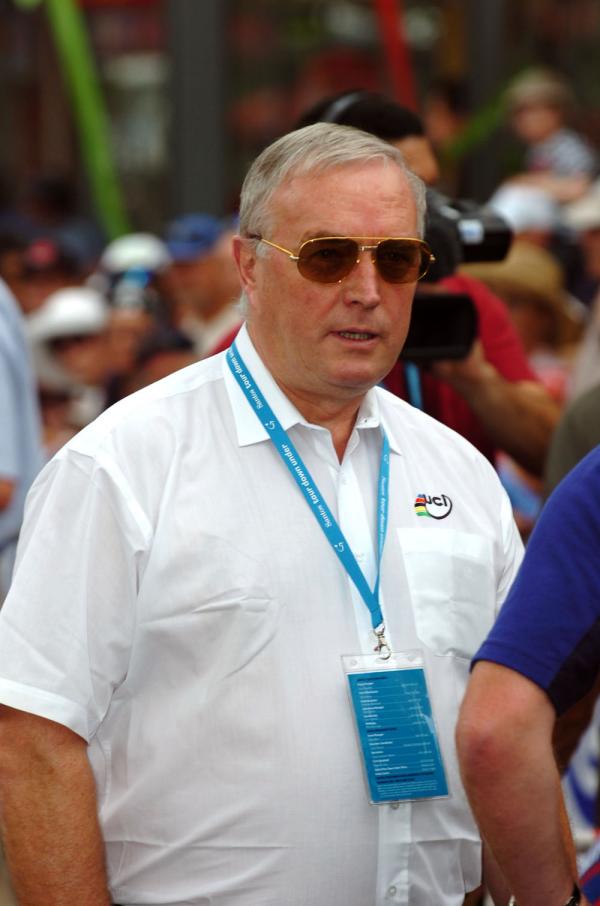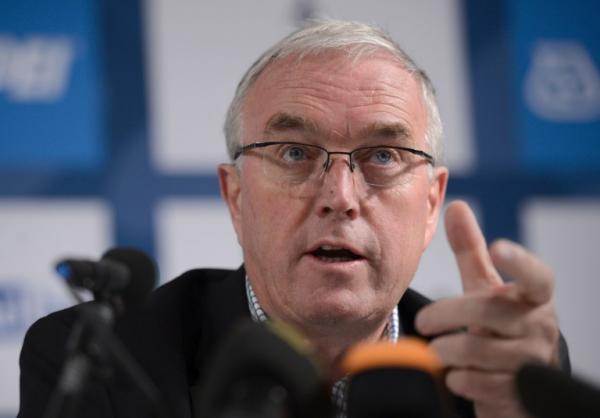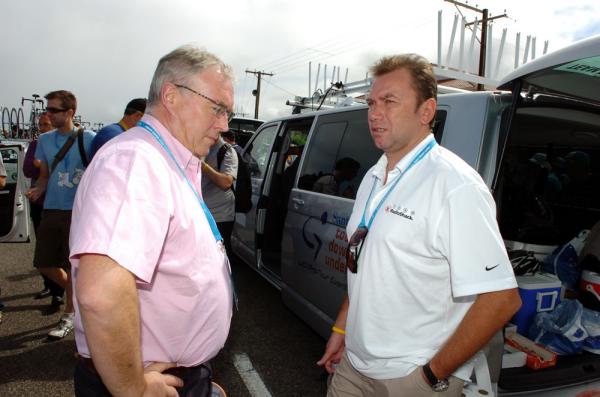Gripper calls on the UCI to do more to fight doping
Former anti-doping chief admits Armstrong got special treatment in 2009




Anne Gripper – the head of anti-doping at the UCI between 2006 and 2010, has called on the sports international governing body to do more in the fight against doping and acknowledge its involvement in the past.
Gripper left the UCI in 2010 for personal reasons and returned to live in Australia. She defends much of the work done by the UCI but is critical of current UCI President Pat McQuaid.
''The UCI may have failed to take some actions that we should have taken at the time, but since 2006 we have been really committed to this issue,'' Gripper told the Australian Age newspaper.
Asked about McQuaid's tenure as president, Gripper said: "I know his commitment to this was very strong while I was there. It may have wavered a bit."
''I heard Pat say the other night, 'We test and test and test as much as we can and send all the samples to the labs and that's all we can do'.
''Well, it's not, Pat, there's lots more that can be done."
''It's not just about testing because we know in many ways testing is the most ineffective way of eliminating doping… There are so many more things… the UCI can do. The issue for the UCI is communication. It is time to stand up and acknowledge some of the past.''
The latest race content, interviews, features, reviews and expert buying guides, direct to your inbox!
Lance and the 2009 Tour Down Under
Gripper talked about Lance Armstrong and specifically about how the UCI bent the rules to allow him to return to competition at the 2009 Tour Down Under.
She said the US Anti-Doping Agency investigation and subsequent report documents showed that ''not so much that he (Armstrong) was a doping cheat - I think everybody accepts that just about all cyclists were doing it - but the way he orchestrated that program and, more importantly, the bullying [and] the tactics used to influence the behaviour and choices of young impressionable riders'."
She said continued: ''Two things have really come out - that approach he took to perpetuating the issue and aggravating and influencing; [and] the hypocrisy of the continual denial. It's that leadership role in a practice that was clearly completely unethical and against the spirit of sport.''
Gripper said she regrets that the UCI allowed Armstrong to race in Australia even though he had not completed the full six-month testing period before his comeback.
''I have always said that Armstrong's influence was a danger in the sport. He was allowed to ride in the 2009 Tour Down Under. He shouldn't have been," she said.
"Once again, for Lance, special consideration was provided. The justification was that [former South Australia premier] Mike Rann and [race director] Mike Turtur had announced to the whole people of South Australia that Lance was going to be there."
''For the UCI to say, 'Sorry, he can't', would have appeared churlish and mean-spirited and really what difference do 13 days make?
''For me, it was a case of, 'Well, sure 13 days may not make a lot of practical difference' but the perception of once again rules being different for Lance than other riders shows his influence was so great, he basically told the sport how to administer its rules.'
